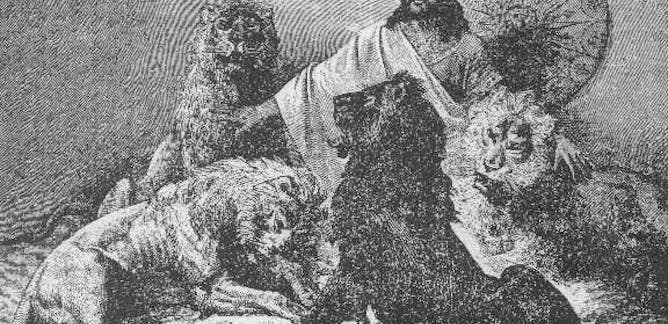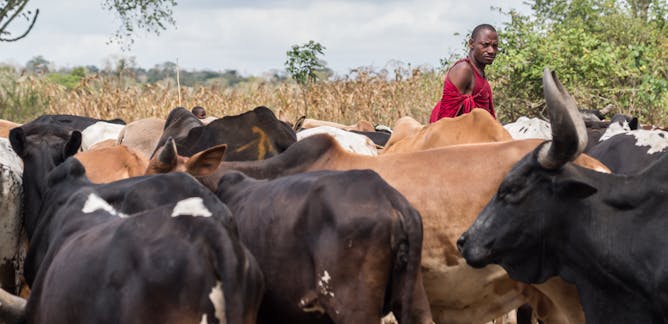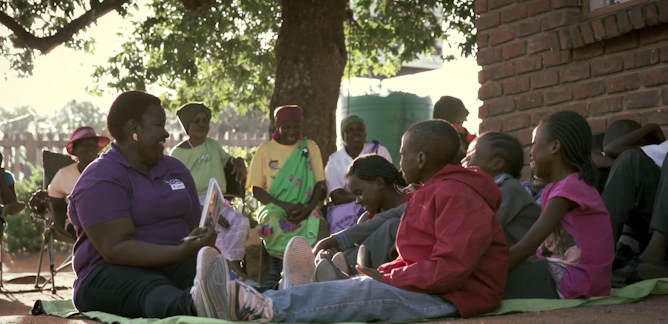|
The recent announcement by Britain’s National Army Museum that it’s returning locks of hair belonging to Emperor Tewodros II was welcomed by the Ethiopian government. Addis Ababa considers the locks a national treasure because the king killed himself rather than be taken prisoner by the British during their invasion of Ethiopia in 1868. Mohammed Girma explains that one and half centuries later the emperor’s sacrifice still has
ramifications.
Foot and mouth disease is one of the world’s most contagious diseases. It’s also capable of inflicting terrible economic hardship. In Tanzania alone there are about three outbreaks every year. Despite this, few households choose to vaccinate against the disease. Ashley Railey explains that this is a rational decision taken after households have weighed the costs and benefits.
|
Top stories
|

Mohammed Girma, University of Pretoria
Ethiopia is a storytelling nation in which Emperor Tewodros has a special place.
| |

Ashley Railey, Washington State University
Foot-and-mouth disease vaccines have been successful in several parts of the world. But in Tanzania it’s not that easy.
|
|
|
Politics + Society
|

Luka Kuol, Africa Center for Strategic Studies
Sudanese President Omar al-Bashir's long rule can be attributed to three main pillars of support: the military, ruling party and political Islam.
| |

Sikanyiso Masuku, University of Cape Town
The lengthy nature of some of Africa's wars is one of the main hindrances to ending the "refugee cycle".
|
|
|
Health + Medicine
|

Nireshni Naidoo, University of the Witwatersrand; Kate Rees, University of Cape Town; Remco Peters, University of Pretoria
Community-based HIV programmes helps improve access to health care.
| |

David Farmer, Florey Institute of Neuroscience and Mental Health
The brain itself can’t actually feel pain. It can't sense damage to itself the way your finger can. We know this because people can have brain surgery while they are totally awake.
|
|
|
From our international editions
|
-
Greg Barton, Deakin University
There is deep sadness in the Christchurch attacks, but little shock. We need to address the permissive political environment that allows such hateful extremism to be promulgated so openly.
-
Colleen Murrell, Swinburne University of Technology
People are sharing the gruesome video posted by the Christchurch mosque gunman. What is the responsibility of news agencies in such a situation?
-
Scott L. Greer, University of Michigan; Garret Martin, American University School of International Service; Holly Jarman, University of Michigan
Three scholars react to the spectacle, finger-pointing and long-term harms of the stalemate in British Parliament.
|
|